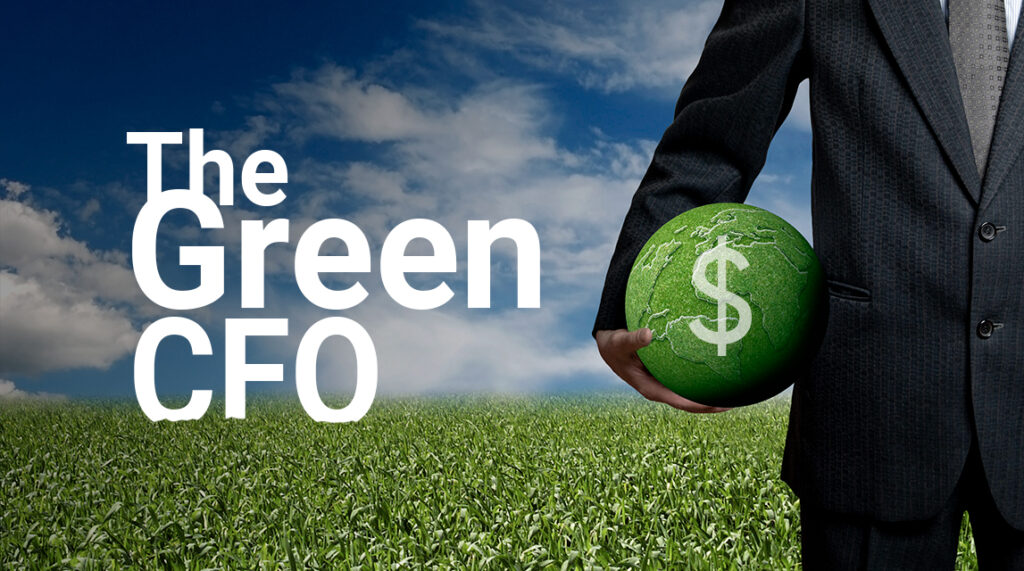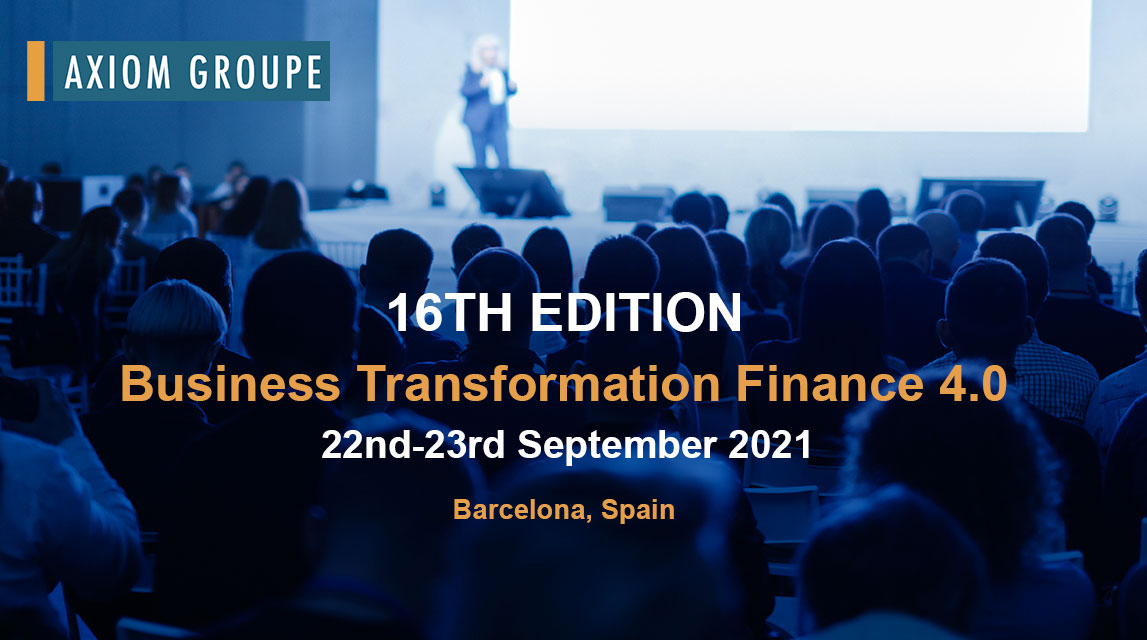Once upon a time there was an old school CEO, with a very successful historical sales trend. He never thought about sustainability as an important matter, as in his experience that was a non-related business topic. One day he started to perceive their sales were slowing down, apparently because young consumers were starting to prefer one of his competitors, a more sustainable brand. Their financial costs and credit availability were also struggling, because the best bank conditions were moving to green loans. From the investors perspective there were no good news either: ESG investors were becoming more important and their voice was pushing for different, sustainable decisions. Finally, he also noticed employee turnover was climbing mainly because there were no diversity, inclusion or equally pay policies implemented.
As you can imagine, the above story is not ending very well for that CEO nor his company. In the last years, sustainability has become a strategic pillar in many multinational corporations, but the fact is that for most of the companies sustainability is still part of their nice-to-have agenda, covered by green-washing activities. COP26 event held in Glasgow in early November’21 is a good example of good intentions and high commitment for both public and private sectors but with still big room for improvement.
In this context, the finance function is facing a challenging situation. On one side, we (as finance professionals) are entitled to provide our best support to our business. On the other hand, as co-leaders of the organization, we are obliged to provide advice to strategic choices in order to look for the best decision in the mid-to-long term run.
Yet, we are in an unprecedented moment for the finance department: we are aware that at some point we will need to embrace sustainability, but for many of the finance community sustainability is an unknown universe full of their own vocabulary such SDGs, SBTs, Scope 3 GHGs, Net-Zero or TCFD. How can we close the gap? The solution is becoming a Green CFO, a finance professional who understands that sustainability is a true business opportunity and is eager to learn a whole new field full of potential.
Why Green? I am sure your first answer is linked to environmental sustainability as a symbol for climate change. And you are right. But don’t forget that green is also the color of money, materialized either in P&L or cash impact, which at the end of the day is a key element in our professional lives. I also liked the idea of using the color of hope and positivity, illustrating that a new way of working is possible.
During the following articles I will share insights on sustainability corporate finance, as well as ideas and real examples, to be hopefully implemented in your own company. There is, though, a preliminar model change that is worth to mention as it is the foundation of the Green CFO concept: we are evolving from the traditional shareholder capitalism, stated by Milton Friedman, to the so-called stakeholder capitalism (also named regenerative capitalism) where the shareholder keeps a key position but other actors such society or climate.
This change in the capitalism model is not a minor alteration for the finance function. Many business schools are already adjusting their academia offerings by adding ESG related content, but it will still require some time until the new generations of finance professionals leave their universities with proper sustainability finance knowledge.
Until then, and considering the paradigm change, I encourage all the finance professionals’ readers of this and the following articles to open their minds. Personally, it took me a while to starting to add value in this brand new field. But with pleasure I will share my own experience in order to shorten your learning curve. Stay tuned and welcome to the Green CFO journey!










